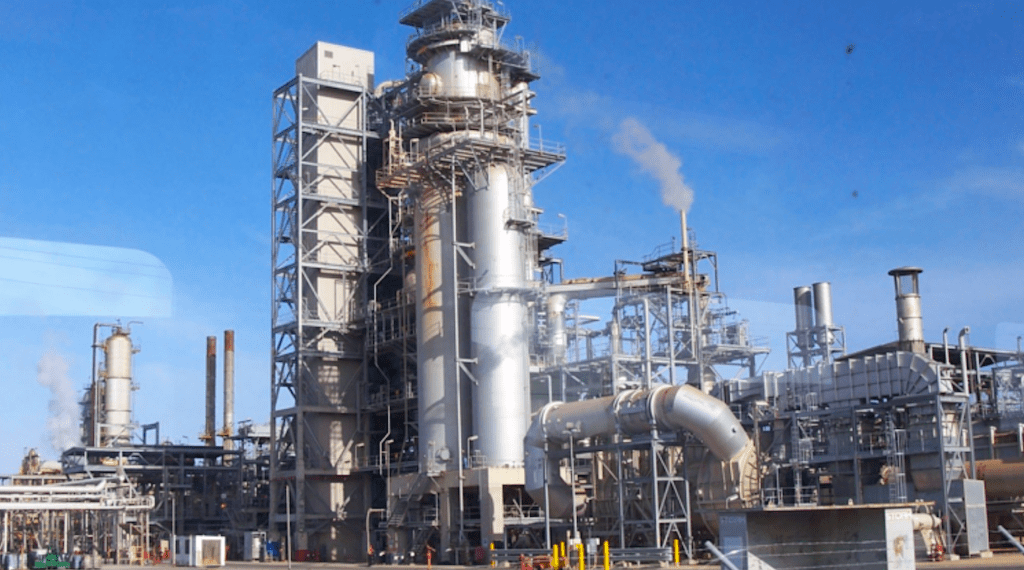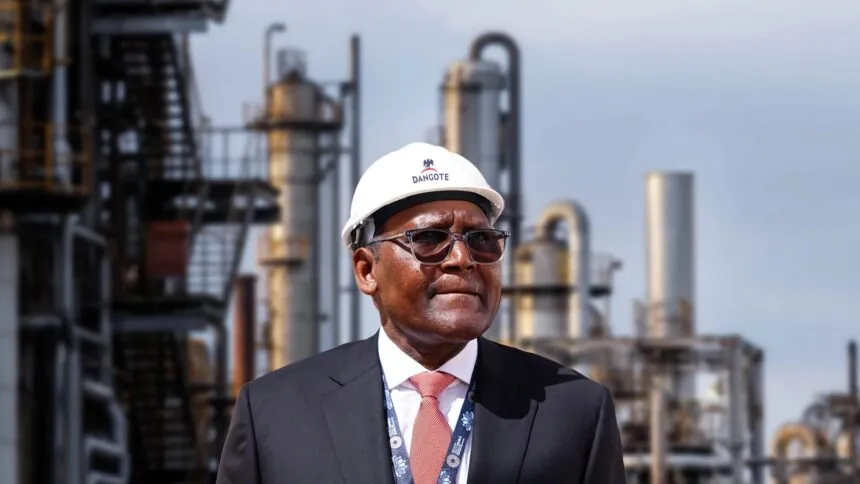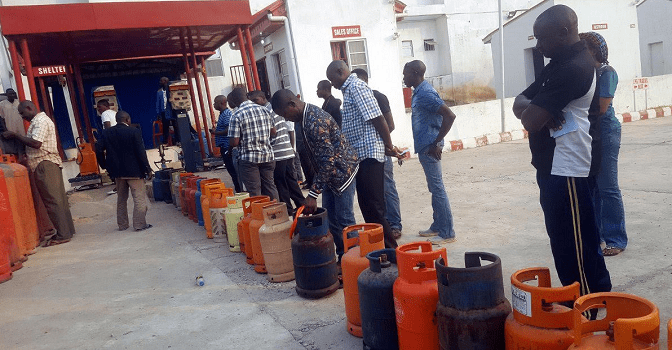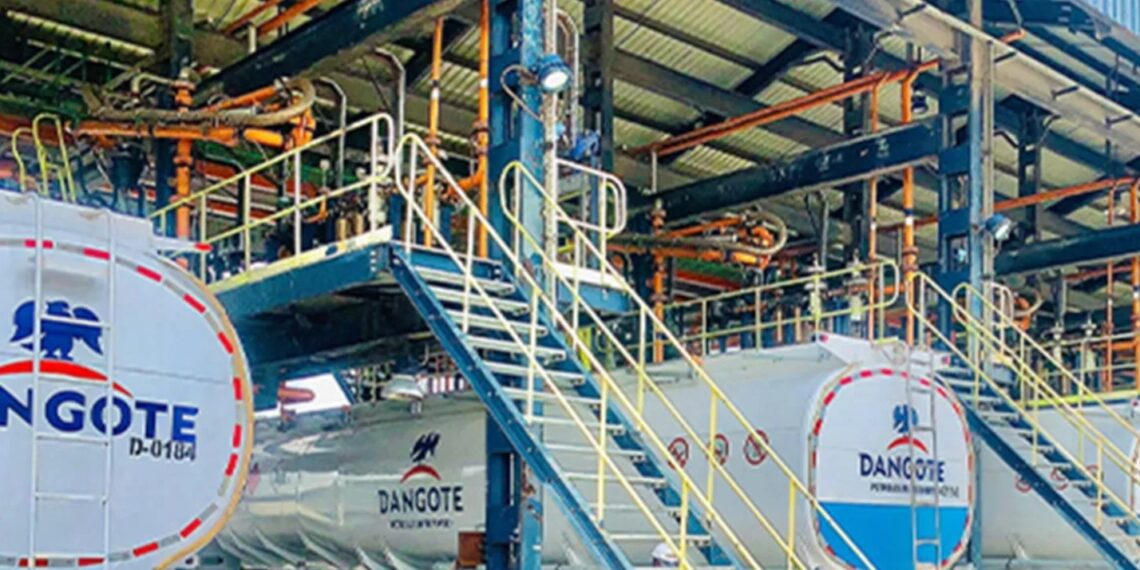The Nigerian National Petroleum Company Limited confirmed this to our correspondent on Tuesday.
Despite previous delays, the Port Harcourt refinery has successfully initiated fuel production operations.
NNPC spokesperson, Olufemi Soneye, said the loading of trucks would start today.
“Port Harcourt Refinery begins production. Truck loading starts today, Tuesday,” Soneye told our correspondent.
In another update on X, the NNPC said: “NNPC Ltd Delivers Port Harcourt Refinery as plant begins truckout of products today, Tuesday 26th November 2024 at 1.45 pm.
“Watch the commissioning and trucking out event LIVE.”
It was learnt that the refinery would start with 60,000 barrels capacity per day, releasing Premium Motor Spirit, diesel, and others into the Nigerian market.
The Port Harcourt Refinery would be the second petrol-producing refinery after the Dangote Refinery commenced PMS production in September.
It is one of the three owned by the Federal Government and managed by the NNPC.
Nigerians have been hopeful that the cost of fuel could crash if the country refines its crude and ends the import of refined products.
The refinery, situated in Nigeria’s oil-rich Niger Delta region, has been in operation since 1965, but later became moribund for several years.
In March 2021, the Nigerian government acquired a $1.5bn loan for the renovation and modernisation of the refinery.
The Federal Ministry of Petroleum Resources and the Nigerian National Petroleum Corporation (NNPC) have repeatedly failed to fulfill their promises to Nigerians regarding the refinery, with a total of seven failed attempts in the past.
Barely two months after the September completion deadline failed, the NNPC explained last week why it could not deliver the much-awaited Port Harcourt refinery at the scheduled time.
In an interview with our correspondent, Soneye said the company encountered risks and challenges while carrying out the rehabilitation, being a brownfield project.
He noted that the NNPC began the commissioning of critical equipment and processing units after the mechanical completion in Nigeria.
“You may recall that mechanical completion of the PHRC revamp was successfully achieved several months ago, marking a significant milestone in the project. Following this, we began the commissioning of critical equipment and process units.
“However, as is common with brownfield projects of this scale and complexity, we encountered unforeseen risks and challenges,” he stated.
















